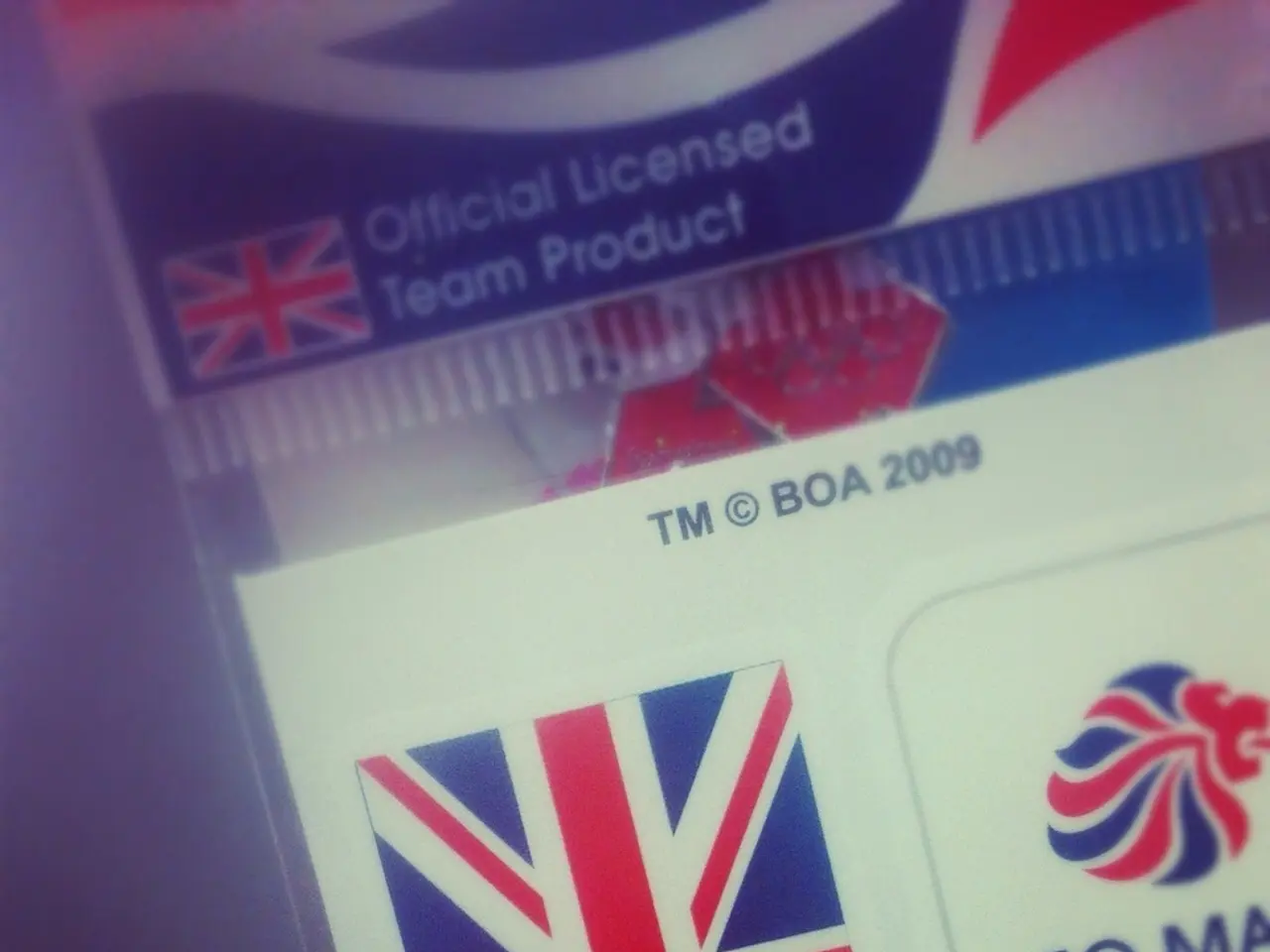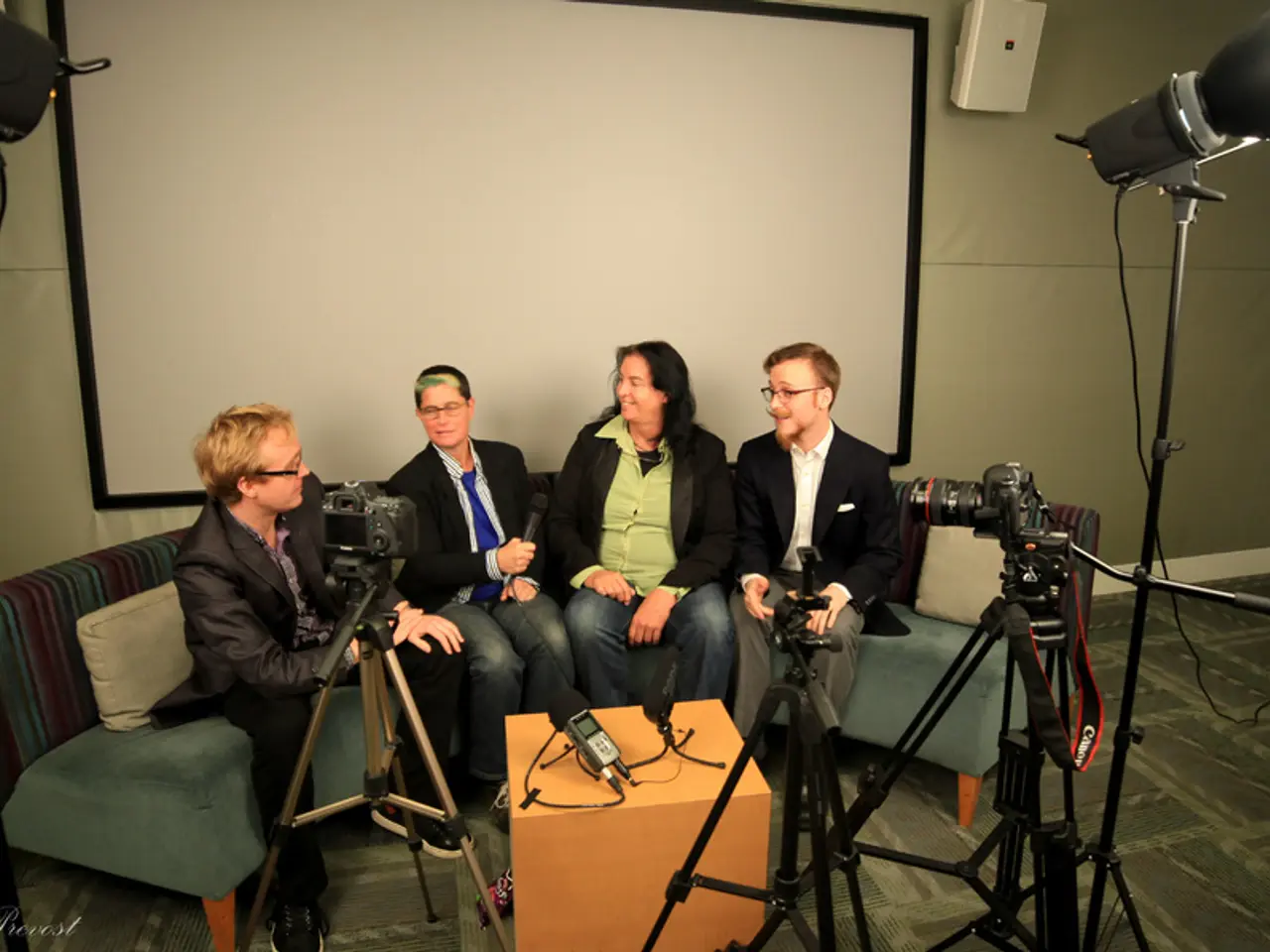In Zimbabwe, the cost of WhatsApp messaging decreased dramatically from 9 cents to 0.26 cents. Yet, the question remains about the affordability of voice calls.
WhatsApp's Dominance in Zimbabwe's Communication Landscape
WhatsApp, the popular messaging app, has become a staple in Zimbabwe due to the high cost of traditional SMS compared to developed markets like the US. This trend is evident in many African countries where SMS costs are disproportionately higher.
Mobile network operators in Zimbabwe, including Econet, offer affordable WhatsApp bundles as an alternative. These bundles provide users with access to WhatsApp messaging at a lower cost than standard data or SMS charges. This pricing strategy has contributed to WhatsApp's widespread adoption, making it the dominant messaging platform in the country.
A $1 weekly WhatsApp bundle, for instance, provides approximately 384 minutes of WhatsApp calls, a luxury compared to the 40 minutes of regular calls and 50 SMS messages offered by a $1 voice bundle. On the other hand, $1 buys practically unlimited WhatsApp texts for a week in Zimbabwe.
Econet, Zimbabwe's largest operator, has taken steps to limit the impact on voice revenue by restricting WhatsApp calls. However, the success of this approach remains uncertain. The introduction of WhatsApp voice calling is expected to impact mobile operator voice call revenue further.
WhatsApp has partnered with mobile operators worldwide to promote internet adoption, a move that could potentially challenge the traditional voice call market in the long run. The question remains whether Econet should focus on restricting WhatsApp calls or making traditional voice calls more competitive in price.
It's worth noting that the cost of SMS in Zimbabwe has significantly decreased over the years. In 2011, a single 160-character SMS cost 9 cents. Today, Econet charges $2.90 for 1,100 SMSes, a 97.11% reduction from 2011 prices.
Despite the economic challenges, WhatsApp is the primary internet usage for most people in Zimbabwe. If mobile operators had adjusted their prices quickly to deal with the emerging threat, SMS usage could have been higher. However, the affordability of WhatsApp bundles has entrenched its role as the primary communication tool.
In conclusion, the combination of high SMS costs and affordable WhatsApp data bundles has positioned WhatsApp as the preferred communication app in Zimbabwe, driving its popularity and frequent use. The future of traditional voice calls in the face of increasing WhatsApp adoption remains uncertain.
[1] Source: https://www.statista.com/statistics/941807/most-used-social-media-platforms-in-south-africa/
- To reduce financial strain on users, mobile operators in Zimbabwe, such as Econet, offer affordable WhatsApp bundles as an alternative to standard data or SMS charges, which are disproportionately higher compared to developed markets.
- As technology continues to evolve, the cost of internet access plays a significant role in determining the dominant communication platforms, with WhatsApp's cheaper bundles contributing to its widespread adoption and positioning as the primary internet usage for most people in Zimbabwe.




